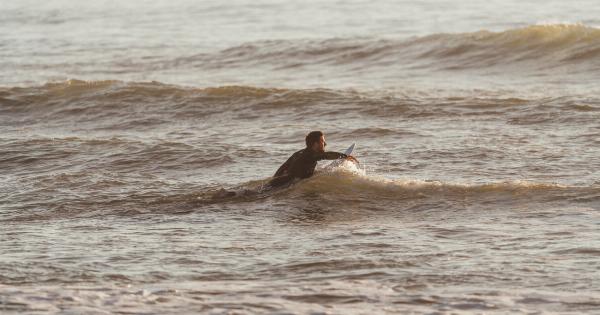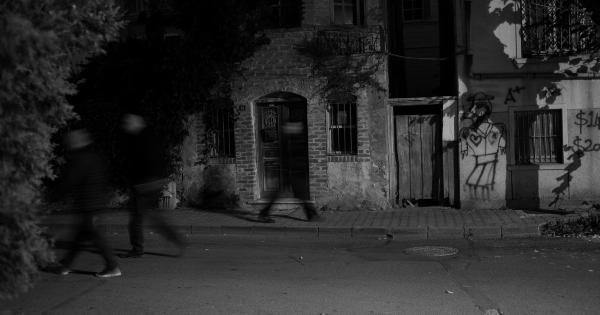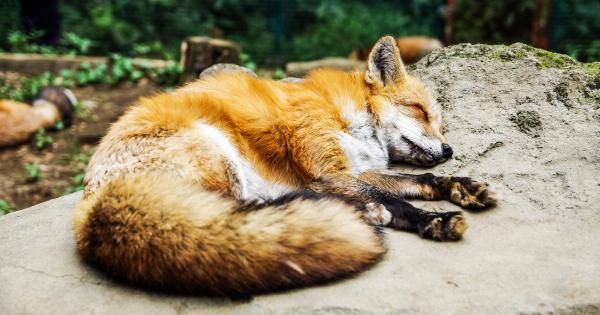It’s a common feeling. As the temperature warms up and the days get longer, suddenly you find yourself feeling like you’re ready for a nap. In fact, statistics show that the average amount of sleep for adults in the U.S.
drops by an average of 20 minutes in the summer months. But why do we feel more inclined to snooze during the summer? Is it just the heat, or is there something more at play? In this article, we’ll explore the science behind summer slumber and attempt to answer these questions once and for all.
The Science of Sleep
Before we dive into summer sleep specifically, it’s important to understand the mechanics of sleep in general. At its core, sleep is a complex biological process involving various parts of your brain and body working together.
During sleep, your brain sorts through all the input it’s received during the day and consolidates memories. Additionally, sleep is important for cellular repair and growth, as well as hormone regulation and other bodily processes.
There are two main types of sleep: REM (rapid eye movement) and non-REM. REM sleep is the stage of sleep where most of your dreaming occurs, and it’s also when your brain is most actively processing information.
Non-REM sleep, in contrast, is the stage where your body does most of its repair work. It’s generally easier to wake up during non-REM sleep than during REM sleep.
Why Do We Feel Sleepier in Summer?
Now that we’ve got a basic understanding of sleep, let’s explore why we feel sleepier during the summer months. There are several factors at play here.
Increased Light Exposure
One major factor is the extended daylight hours. The extra exposure to natural light suppresses the production of melatonin, which is the hormone that regulates our sleep-wake cycles.
Basically, when it’s light out longer, our bodies interpret that as a signal to stay awake for longer.
Heat and Humidity
Another factor is the heat and humidity. When it’s hot and steamy outside, our bodies have to work harder to regulate our internal temperature. This can be exhausting and make us feel more prone to napping.
Vacations and Routines
For many people, summer means a break from work or school. While this can be a much-needed respite, it can also throw off our sleep schedules. Without a consistent routine and structured environment, it can be harder to maintain healthy sleep habits.
Changes in Diet
Finally, summer tends to come with changes in our diet. We might eat more fresh fruits and veggies, or indulge in more ice cream and cold drinks.
These changes in our eating habits can affect our sleep quality, especially if we’re consuming more sugar or caffeine than usual.
How to Combat Summer Sleepiness
So, now that we know why we tend to feel sleepier in the summer, what can we do about it? Here are a few tips:.
Stick to a Sleep Routine
Even if you’re on vacation or have a more flexible schedule, try to stick to a consistent sleep routine as much as possible. Going to bed and waking up at the same times every day can help regulate your body’s internal clock.
Avoid Over-Indulging on Sugar and Caffeine
Summer treats are delicious, but consuming too much sugar and caffeine can interfere with your sleep quality. Try to limit your intake of these substances, especially in the hours leading up to bedtime.
Invest in Cooling Sleep Gear
If heat and humidity are causing you to toss and turn, consider investing in some cooling sleep gear. Breathable bedding, moisture-wicking pajamas, and even a cool eye mask can help regulate your body temperature and promote better sleep.
Get Outside During the Day
Finally, try to get outside and soak up some sunlight during the day. Exposure to natural light can help regulate your sleep-wake cycle and promote better sleep at night.
Conclusion
Summer sleepiness is a common phenomenon, but now we know the science behind why it happens. By understanding these factors, we can take steps to combat excessive summer slumber and enjoy the season to its fullest.






























